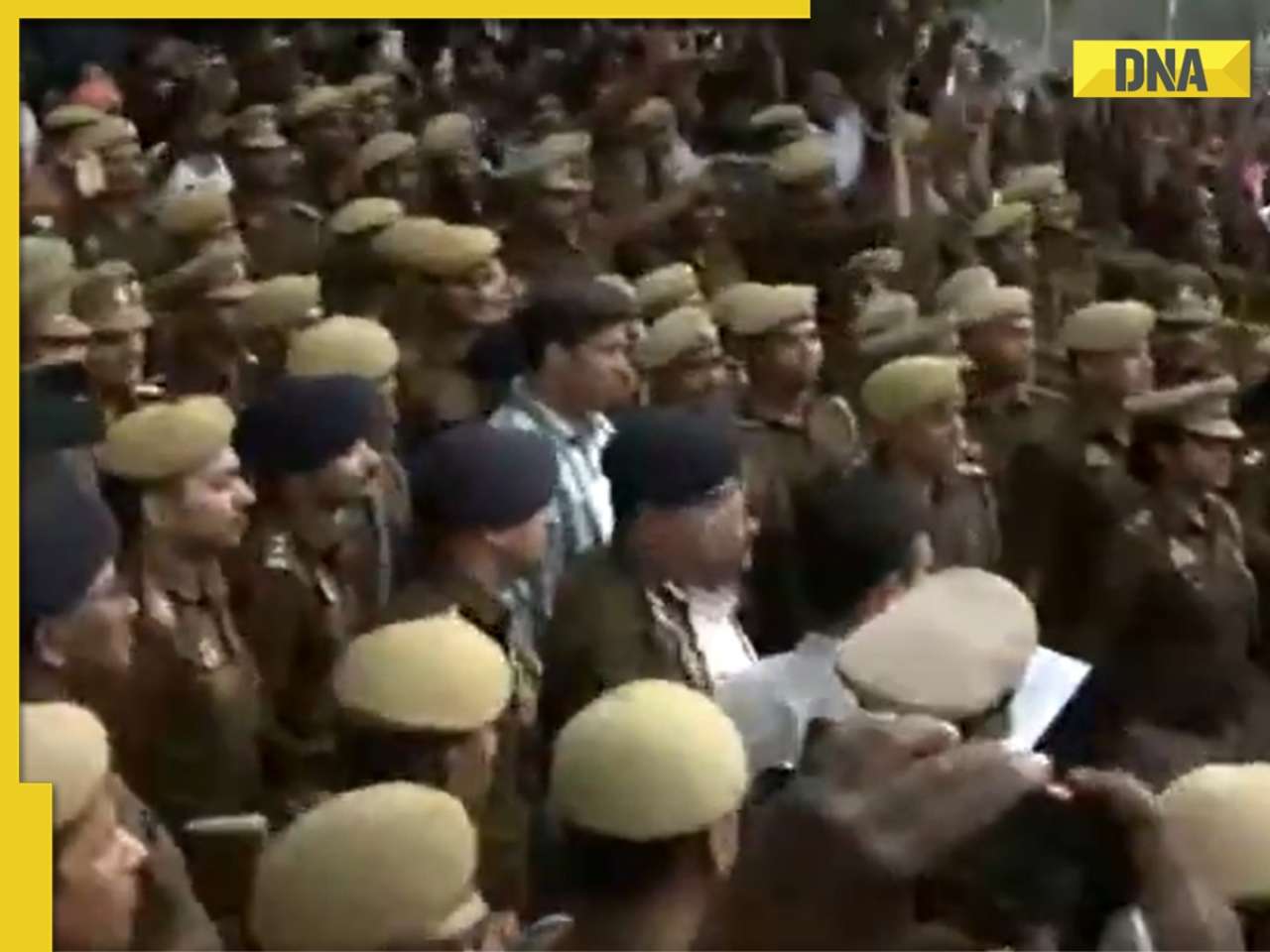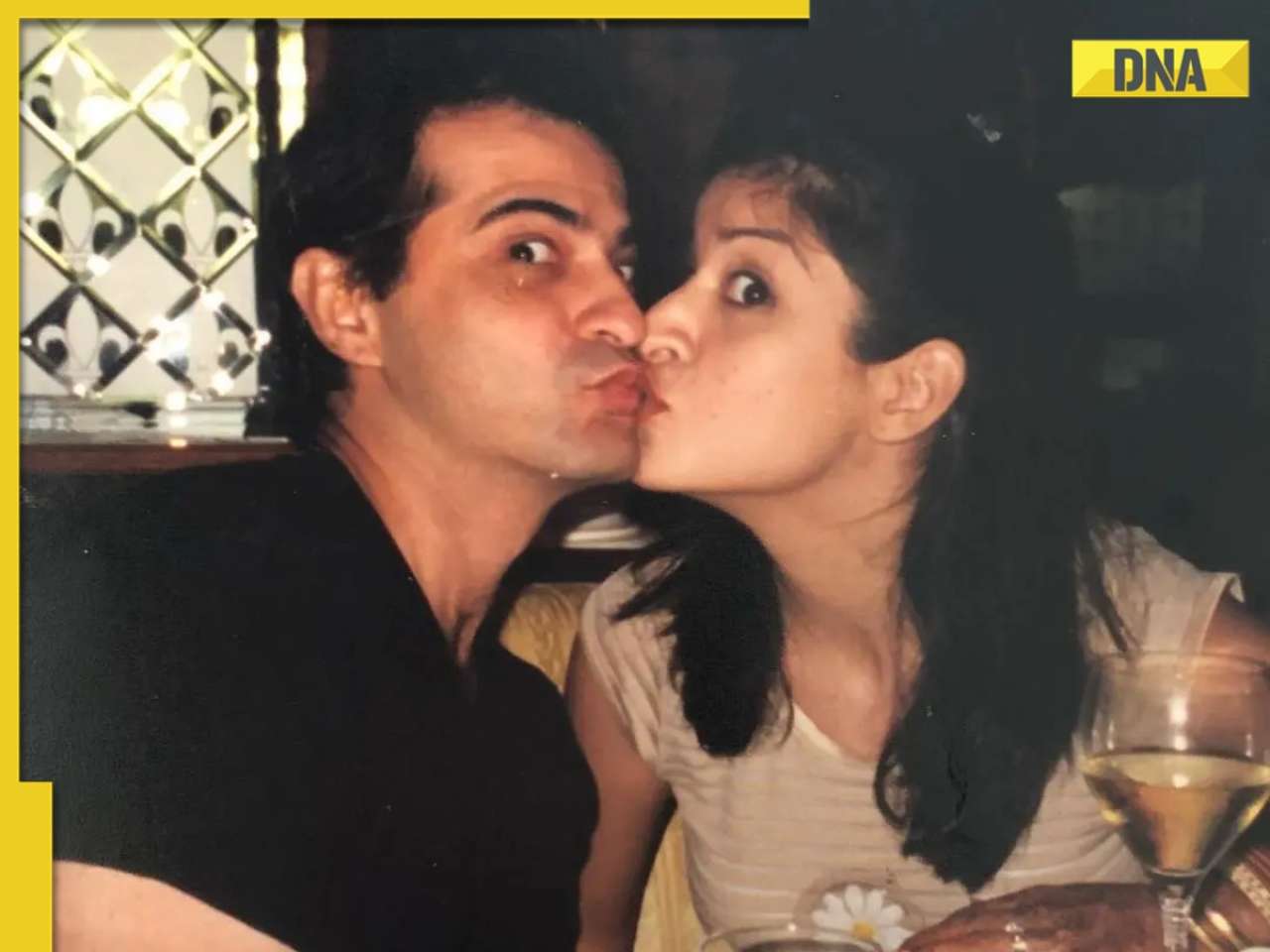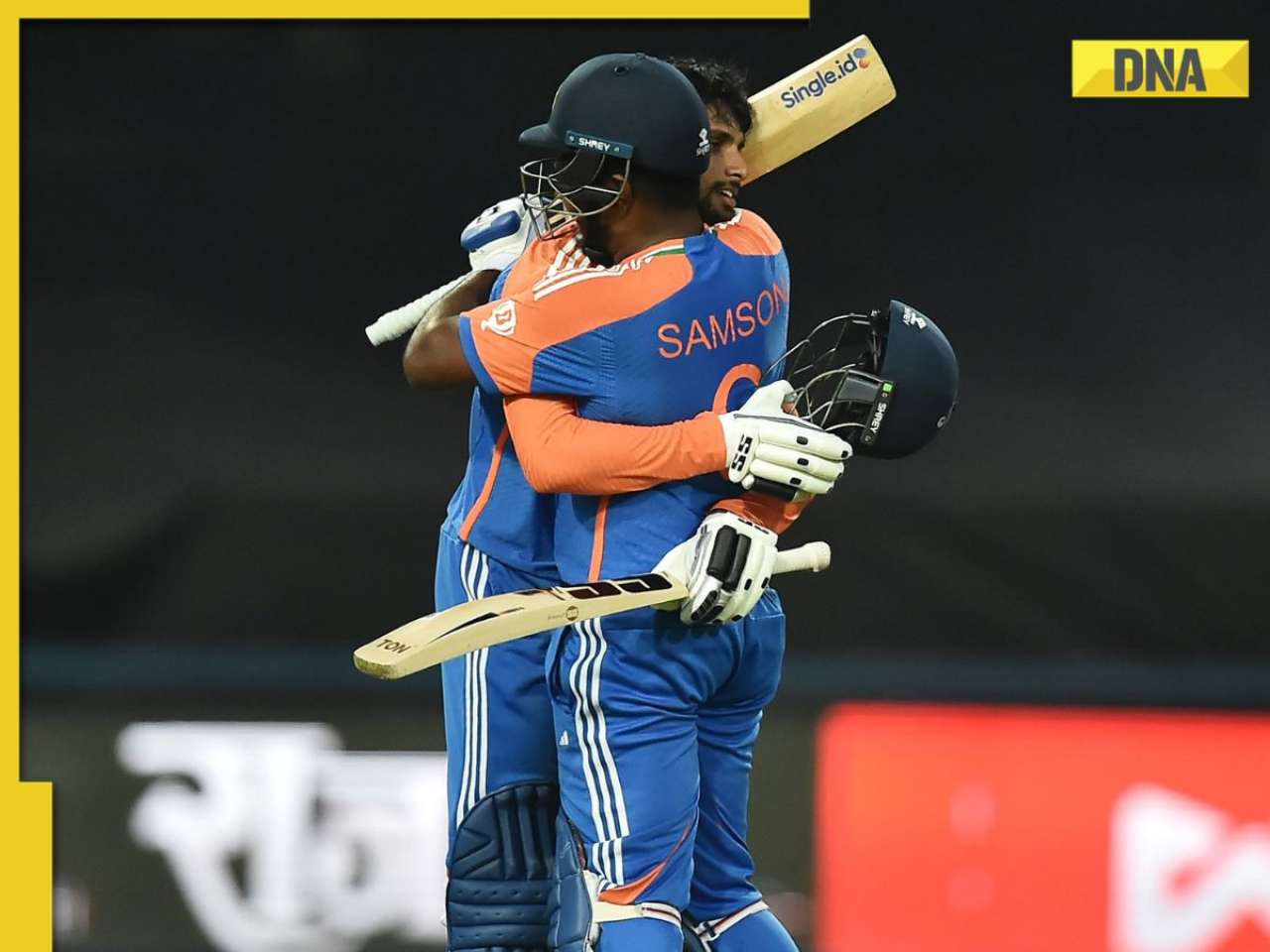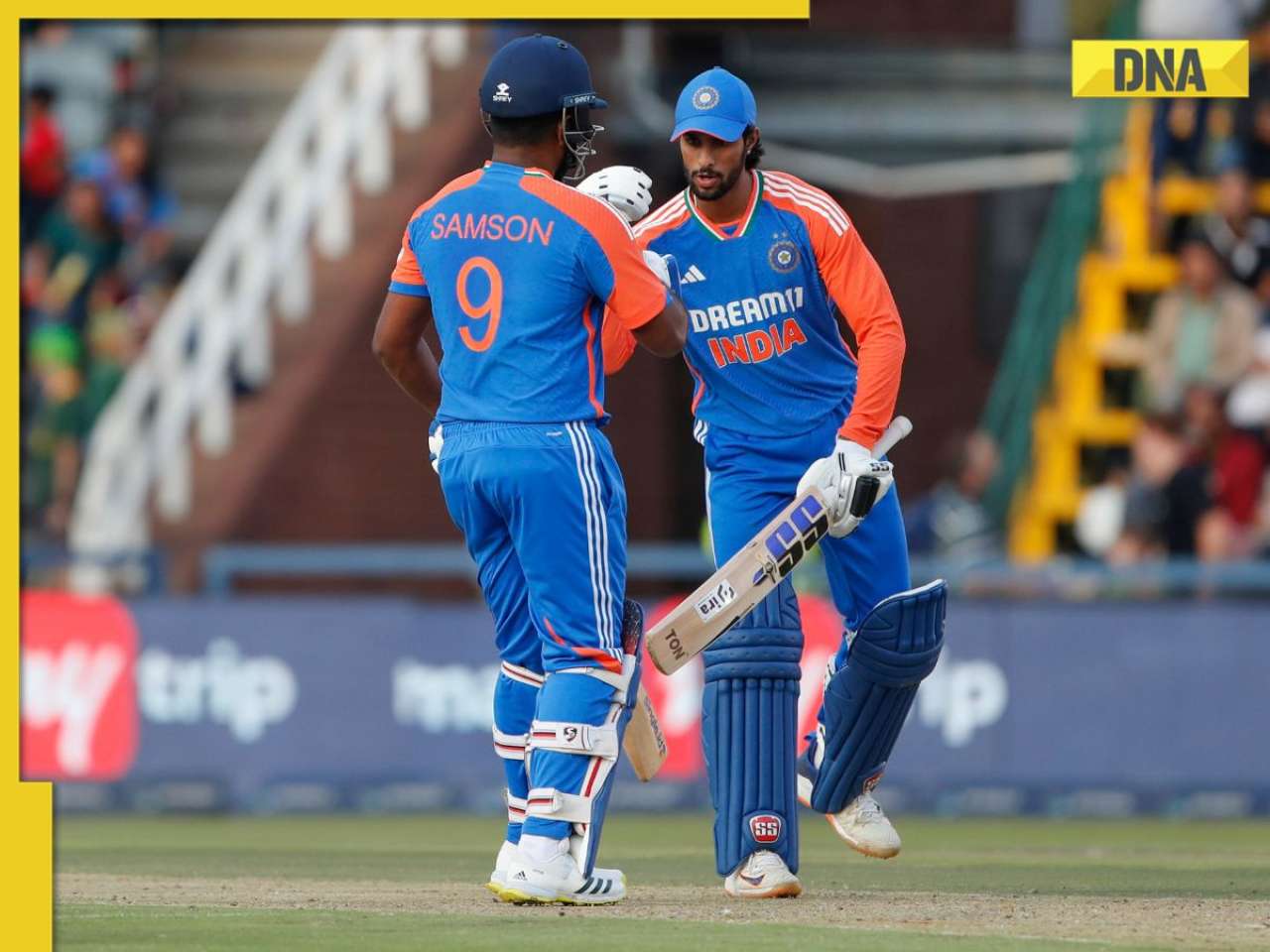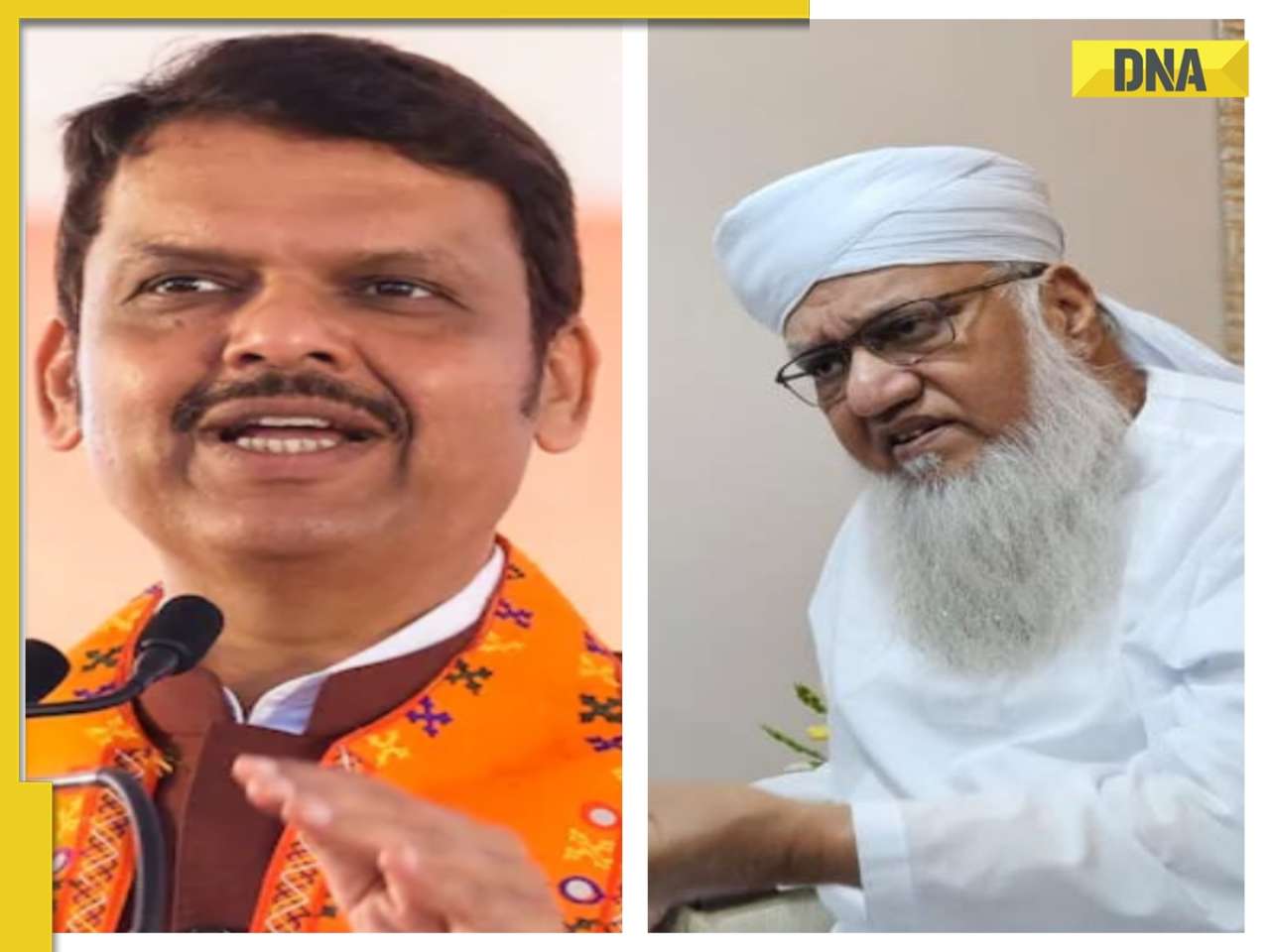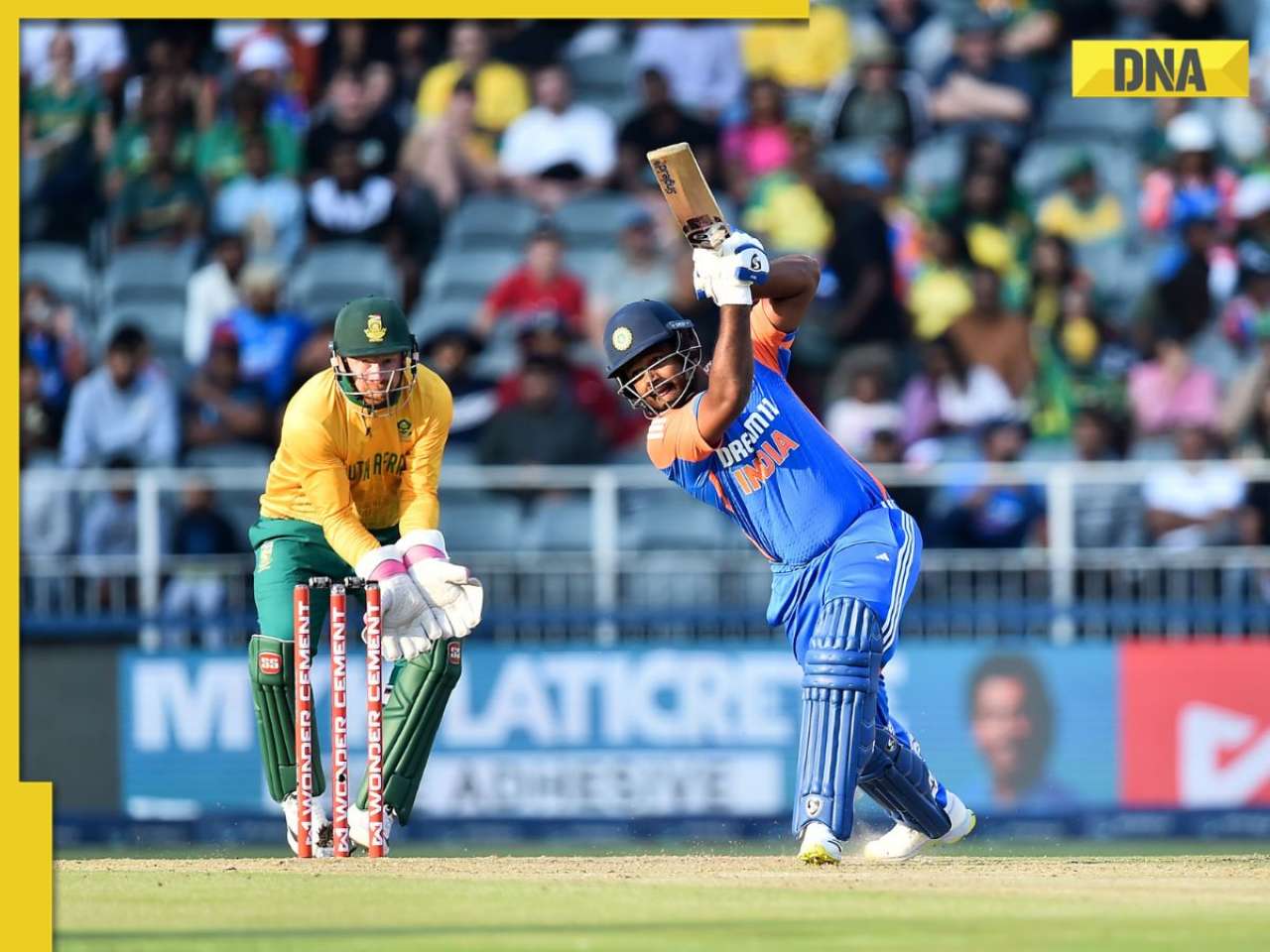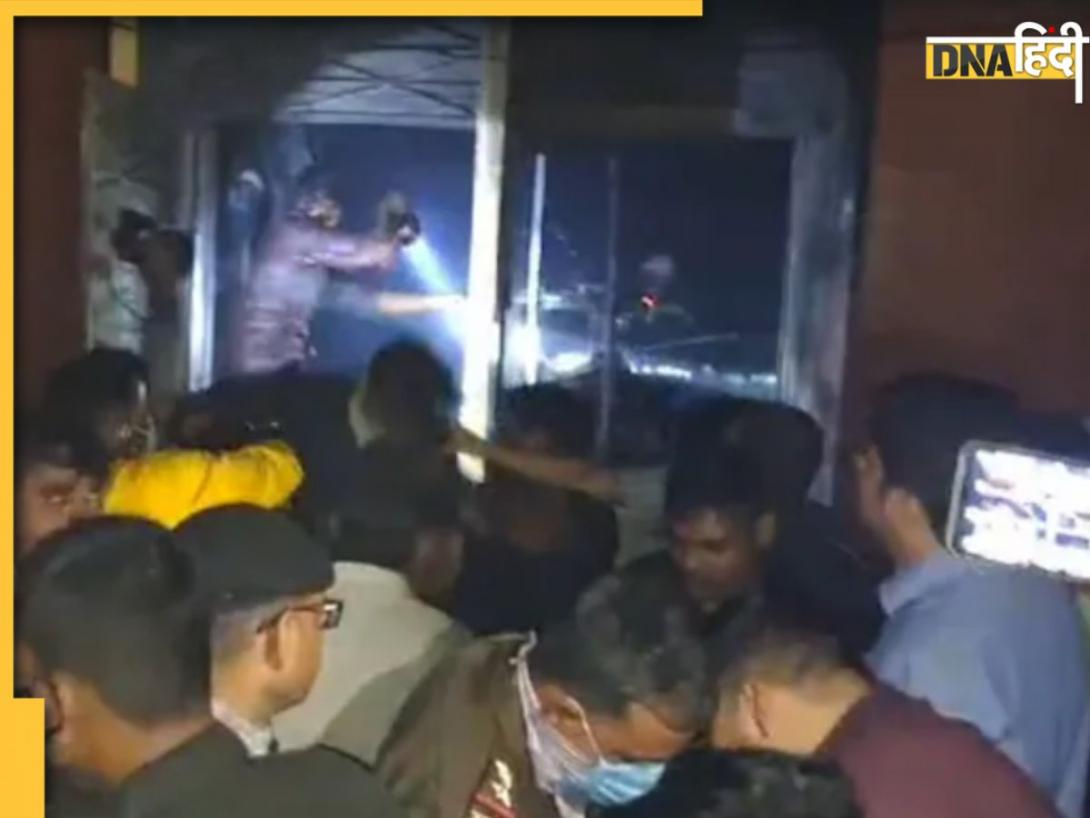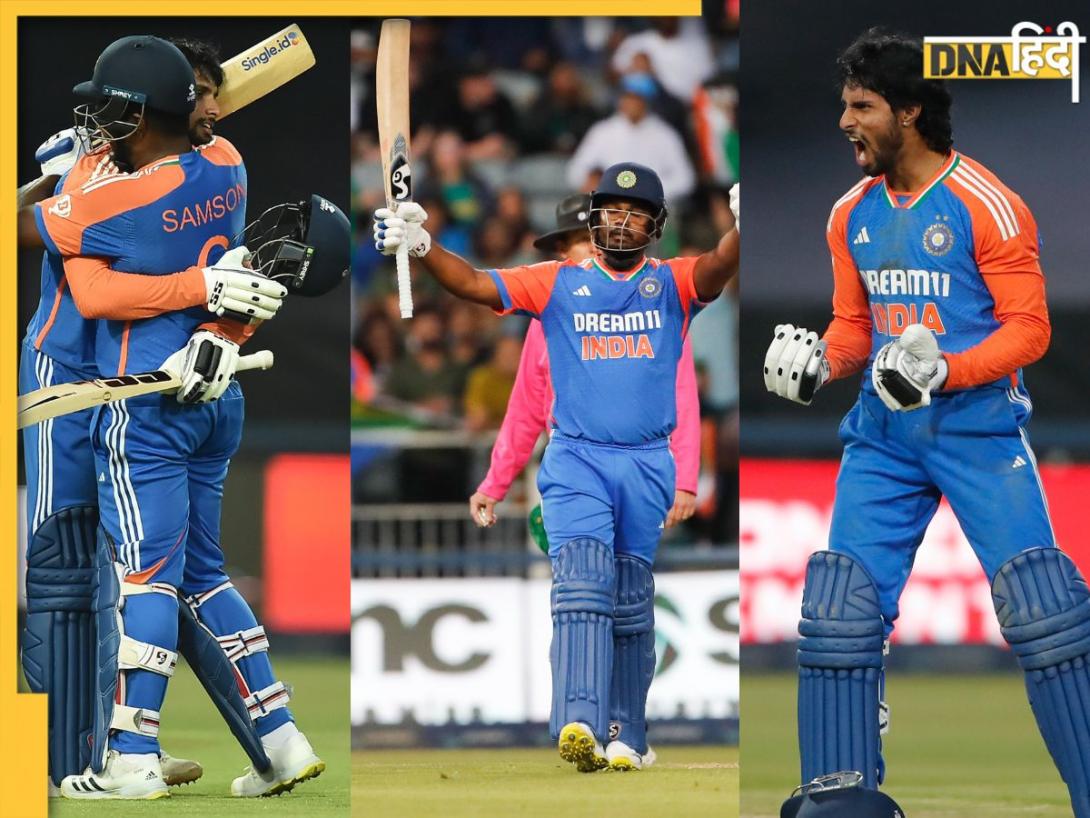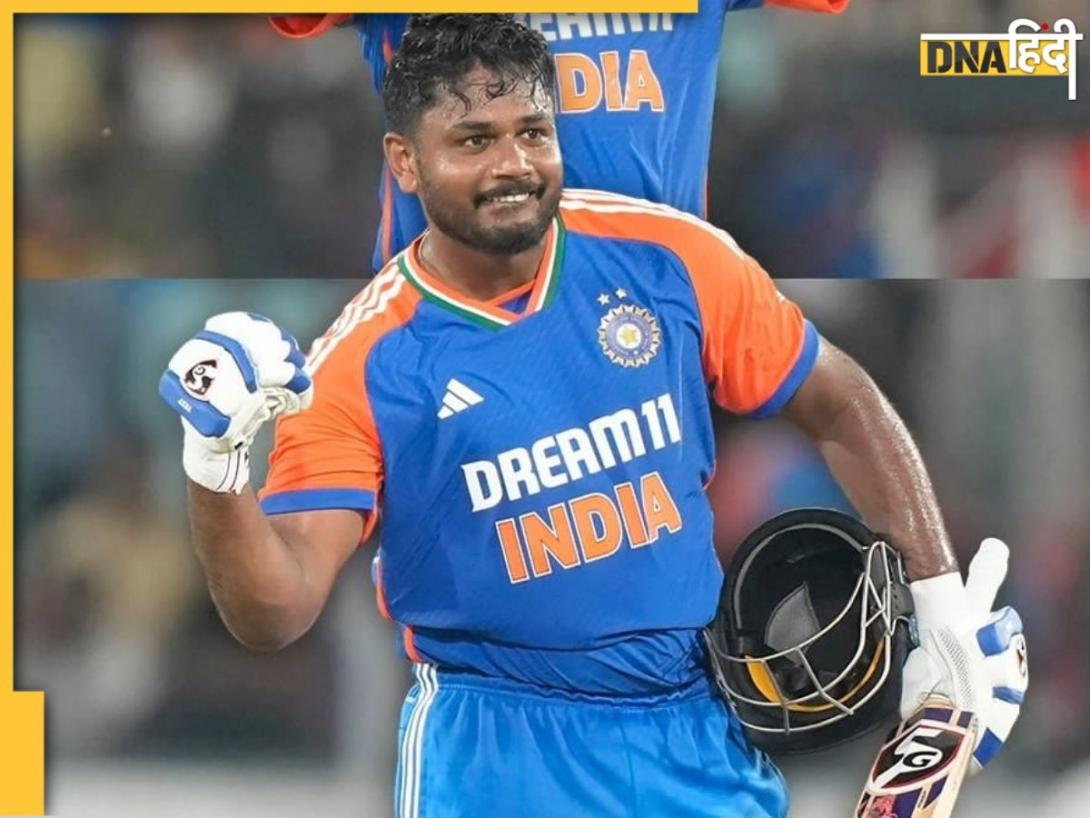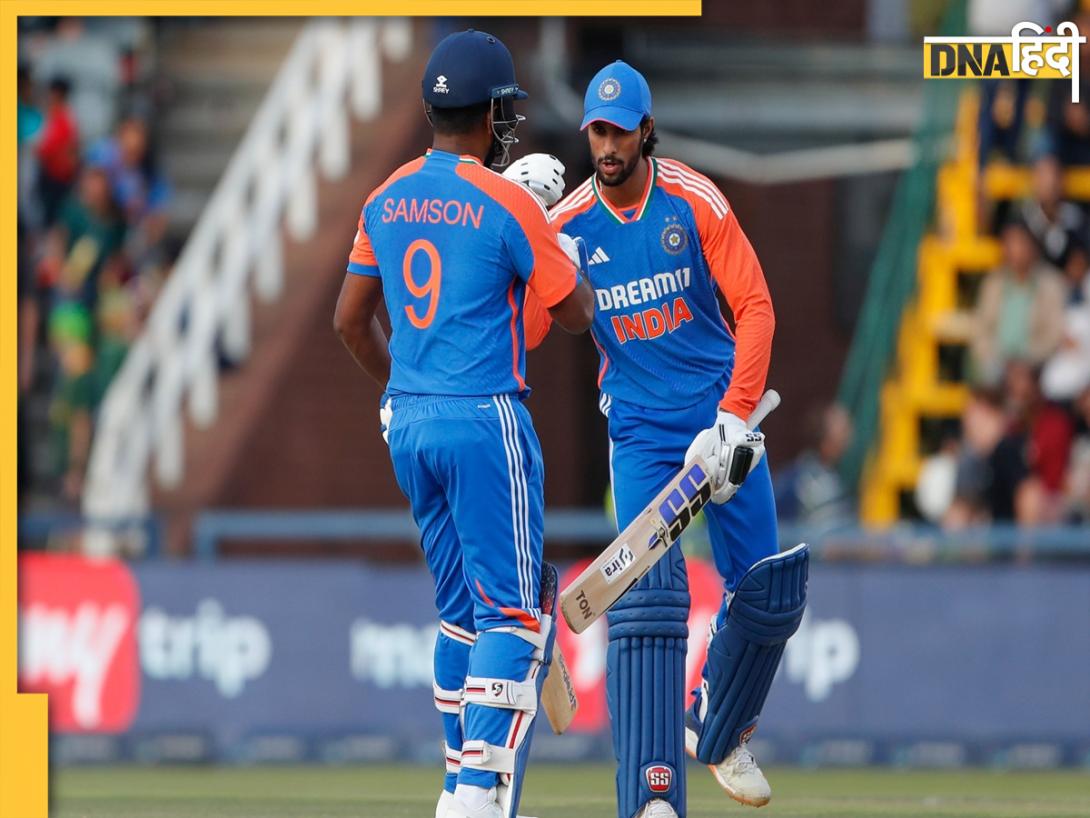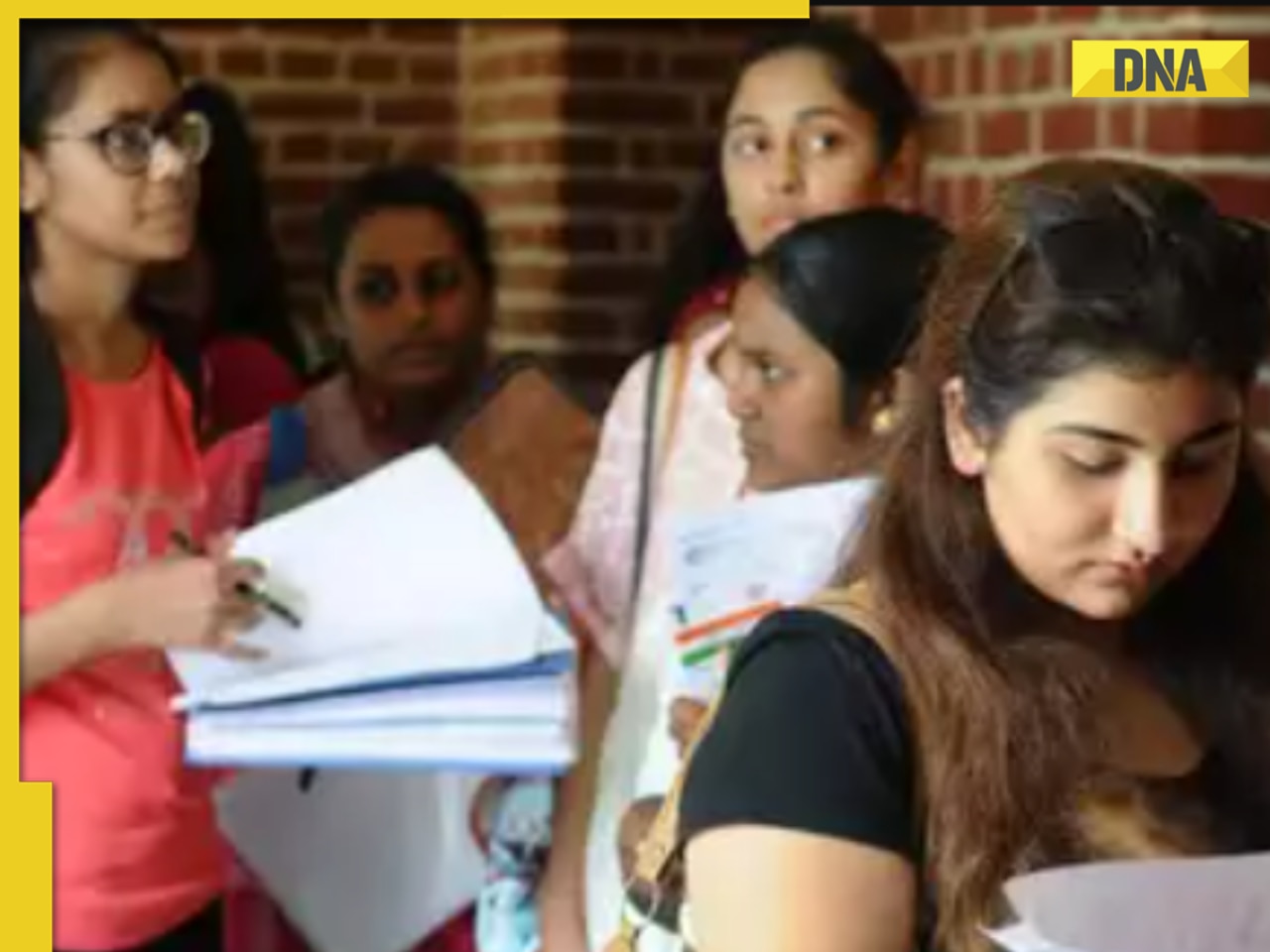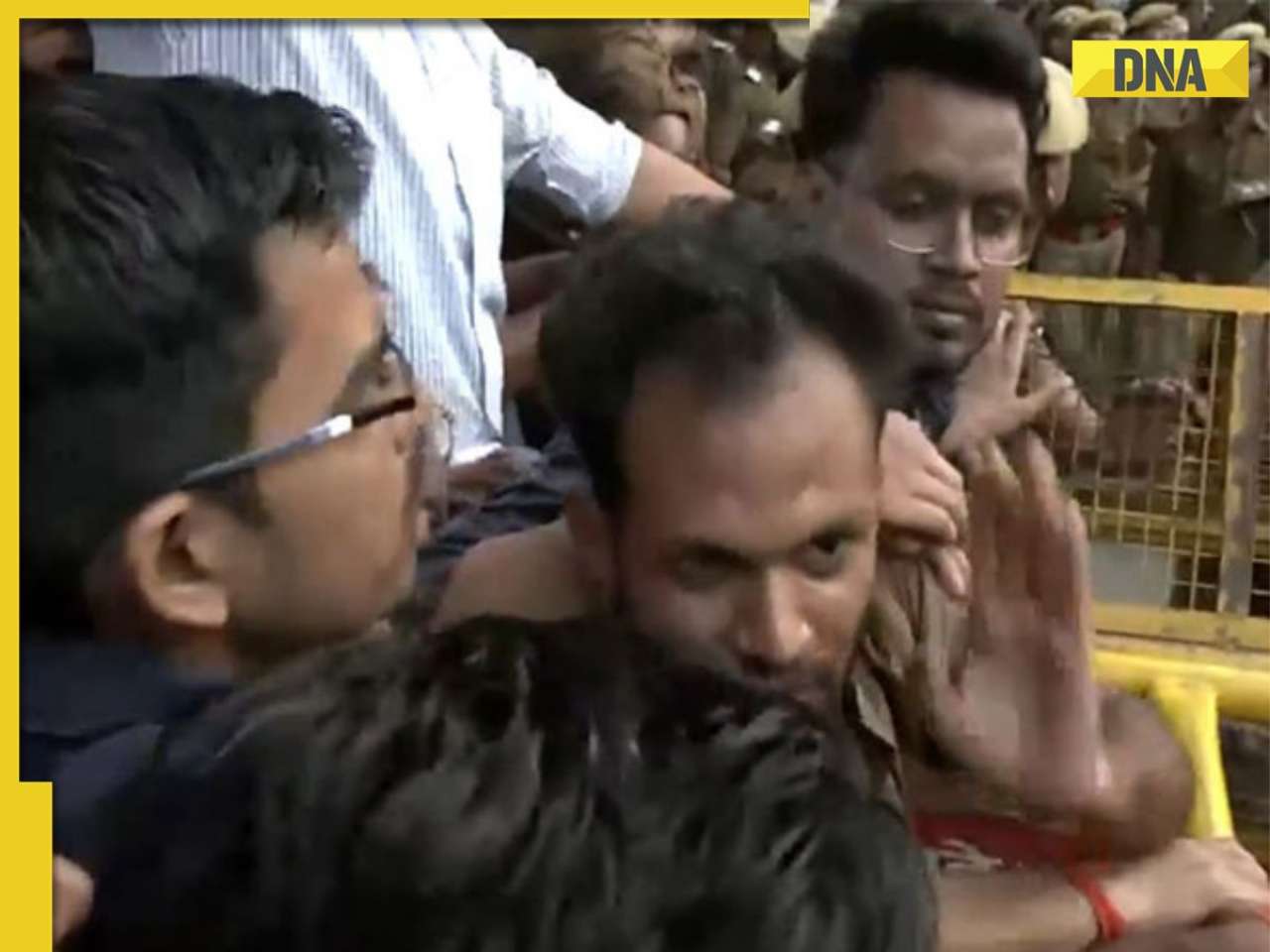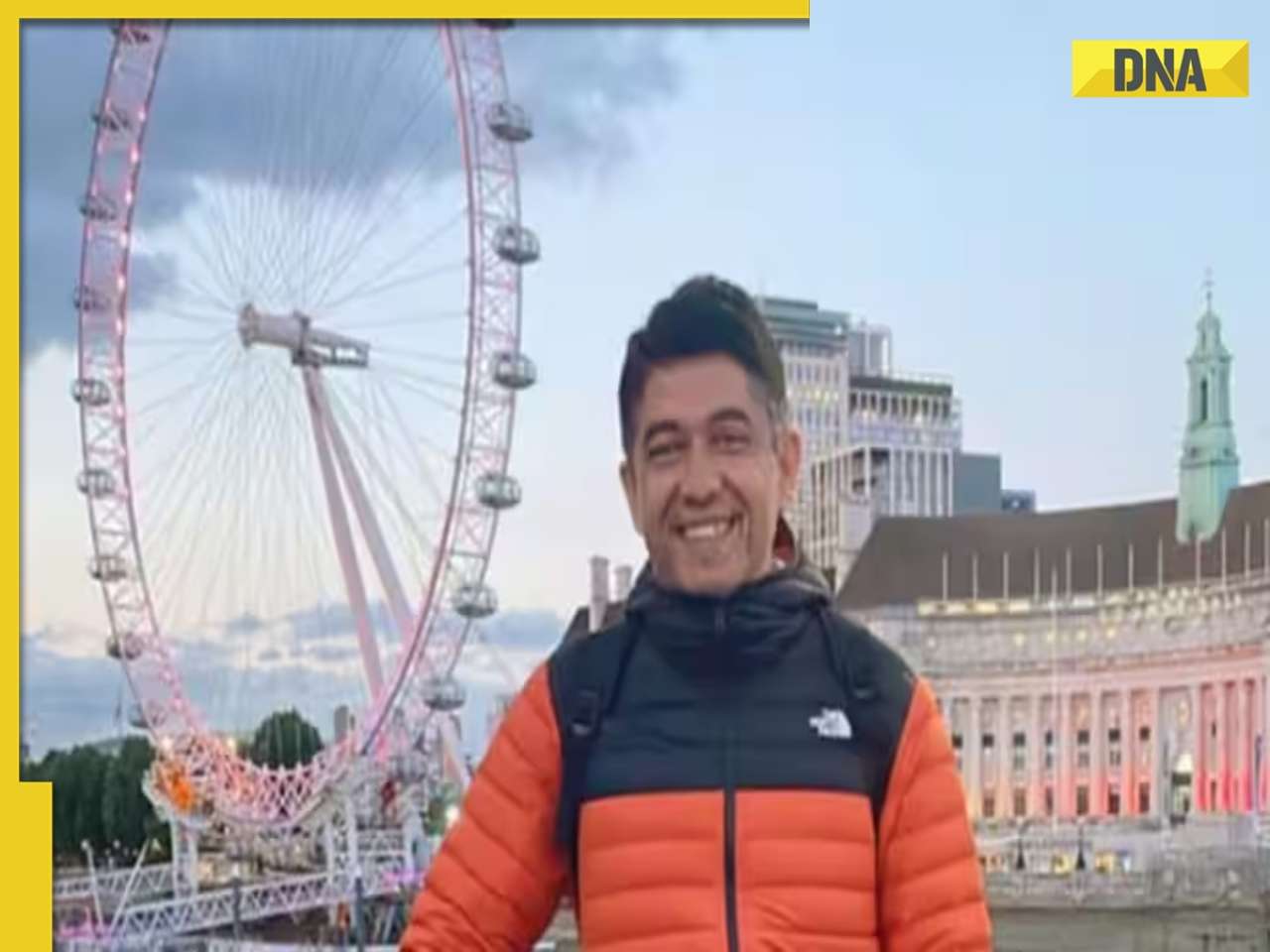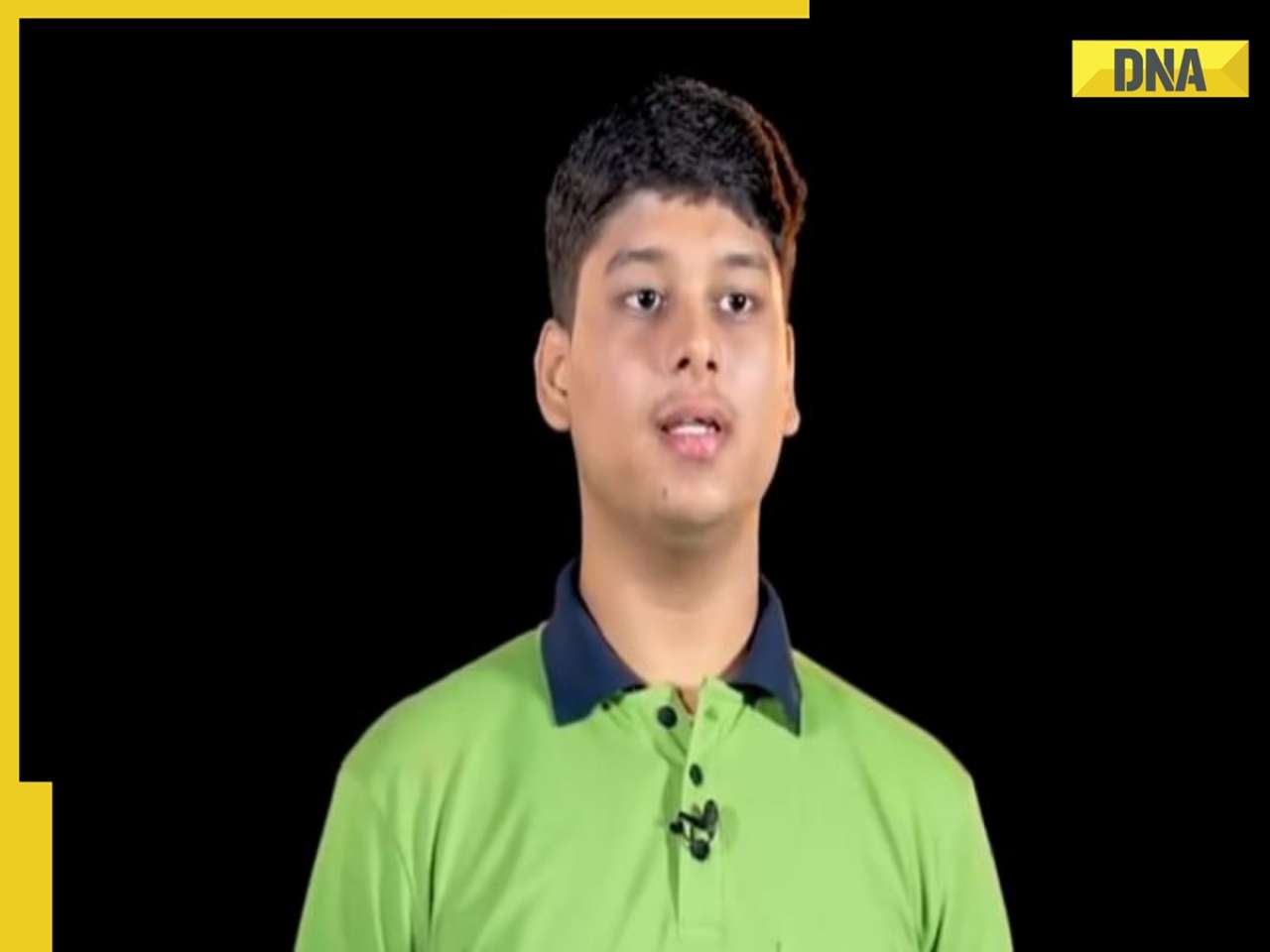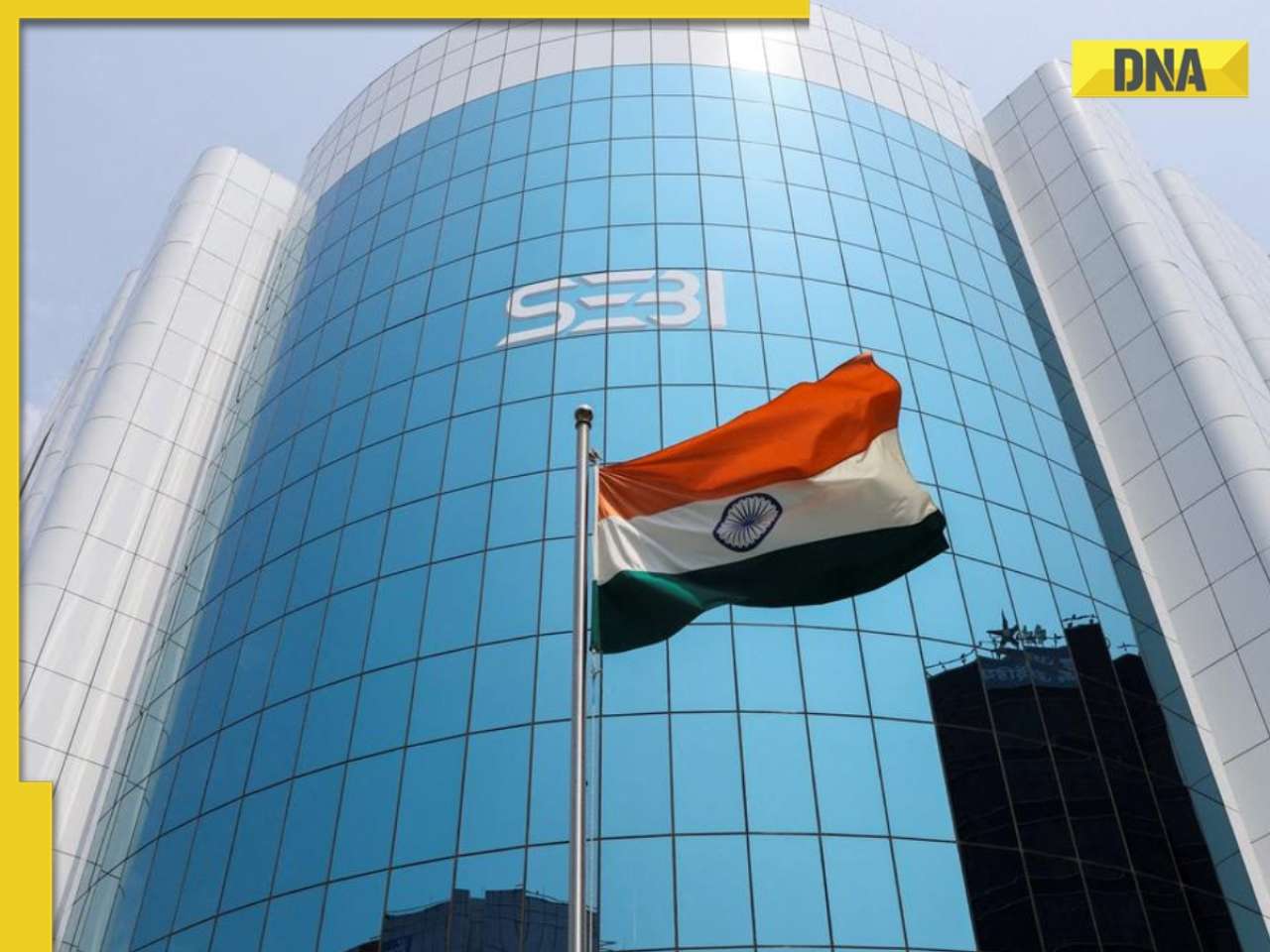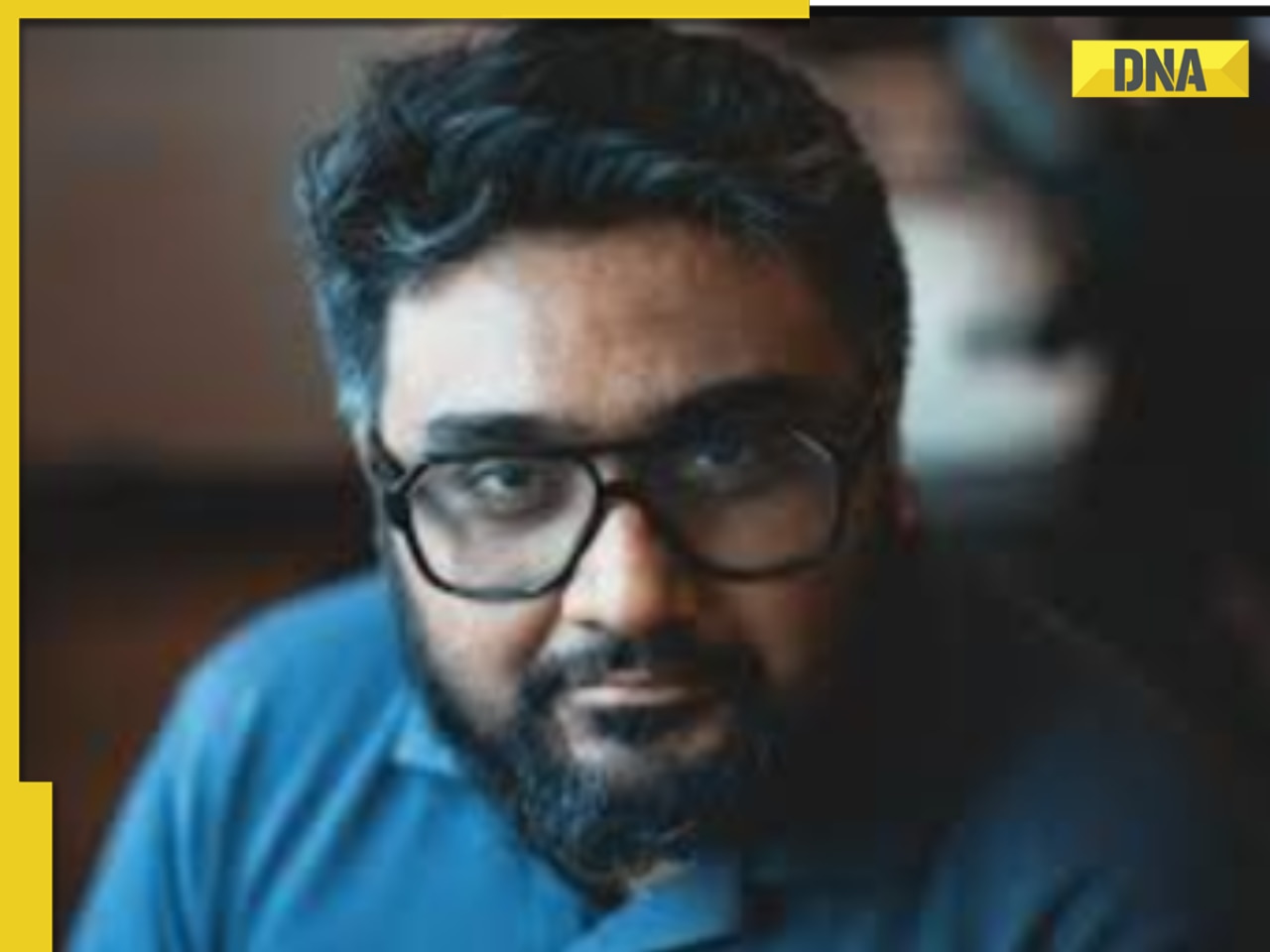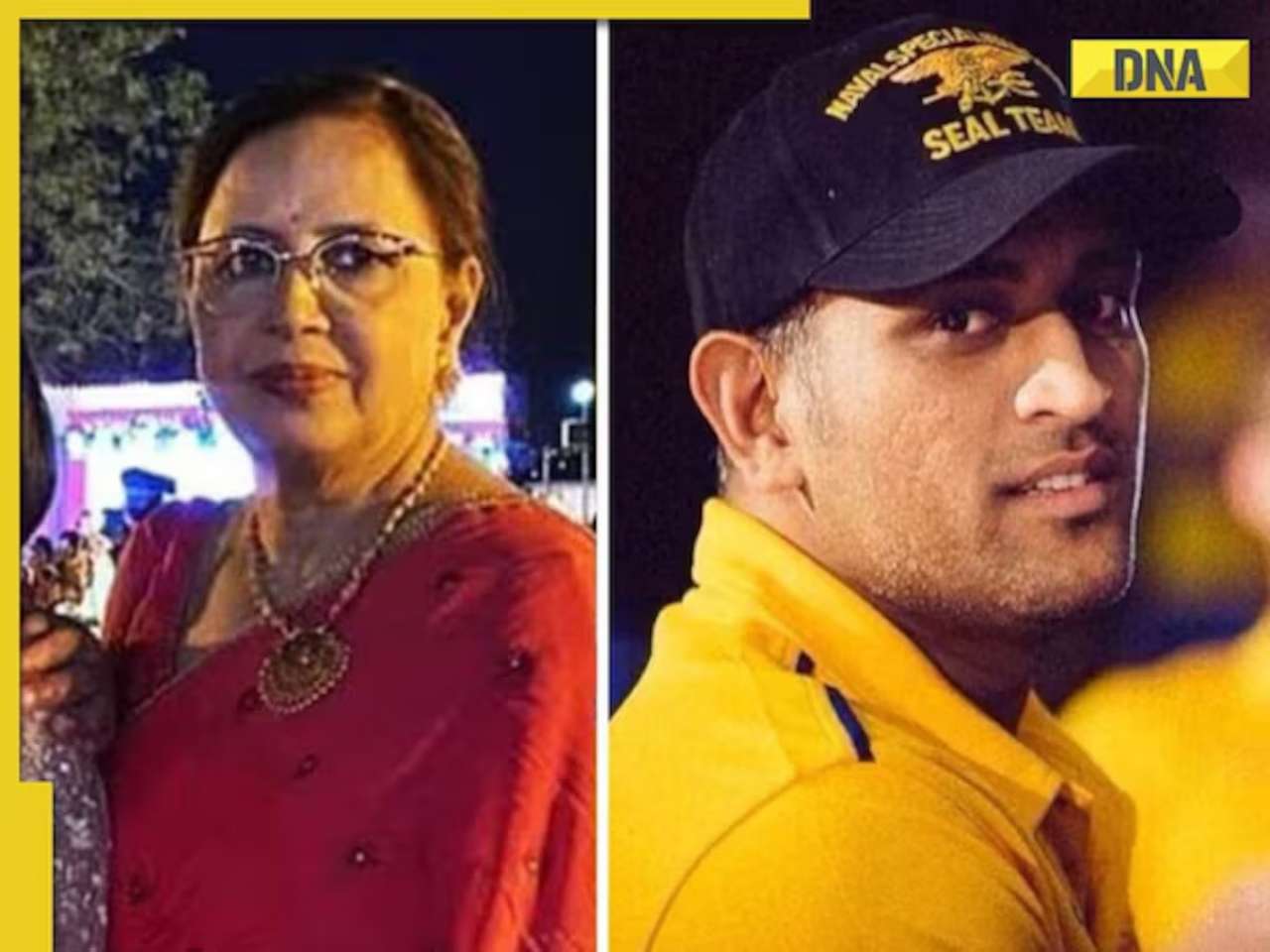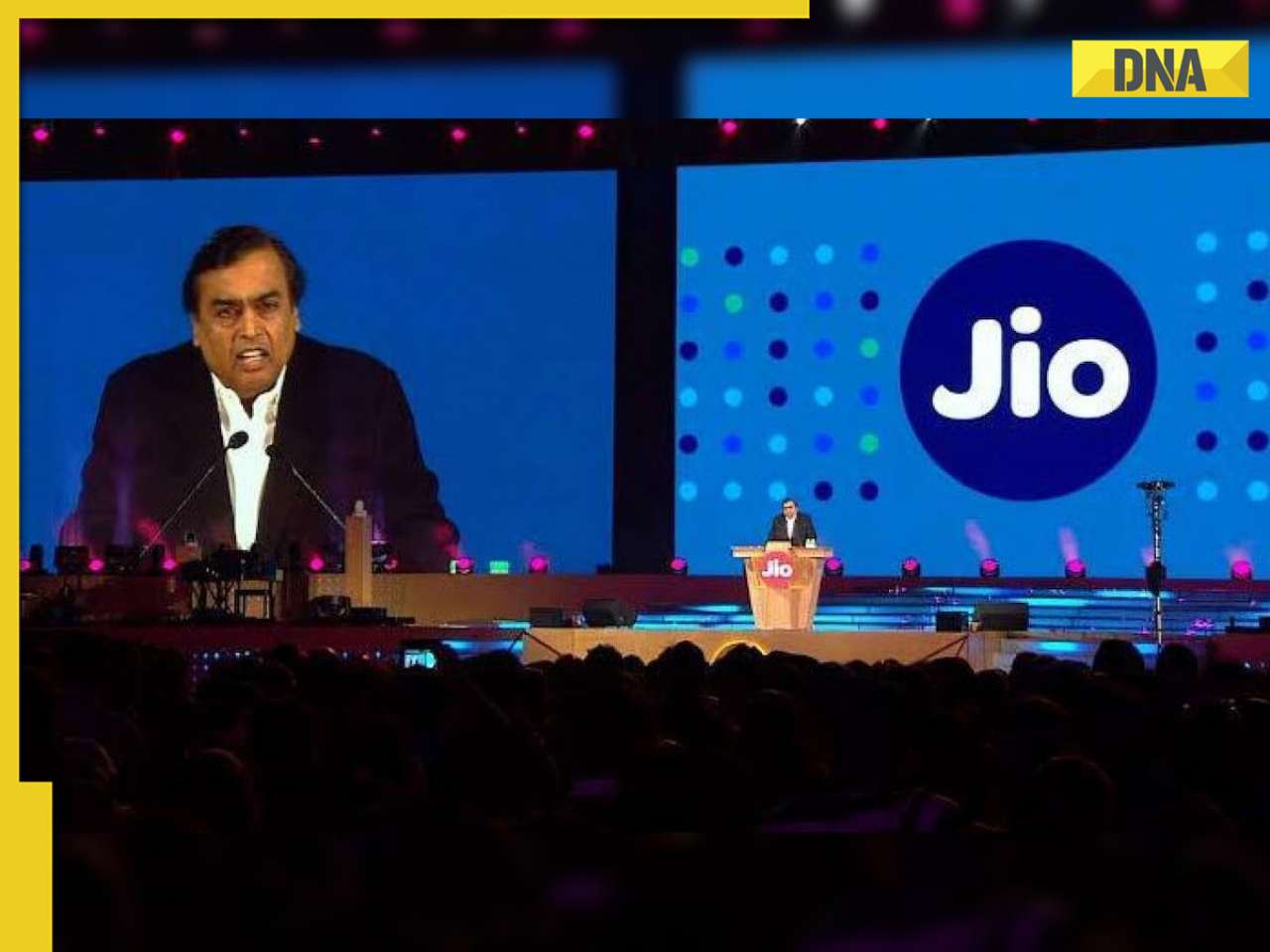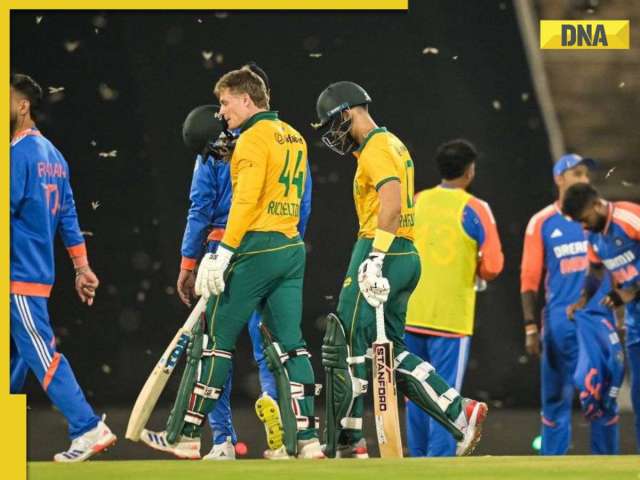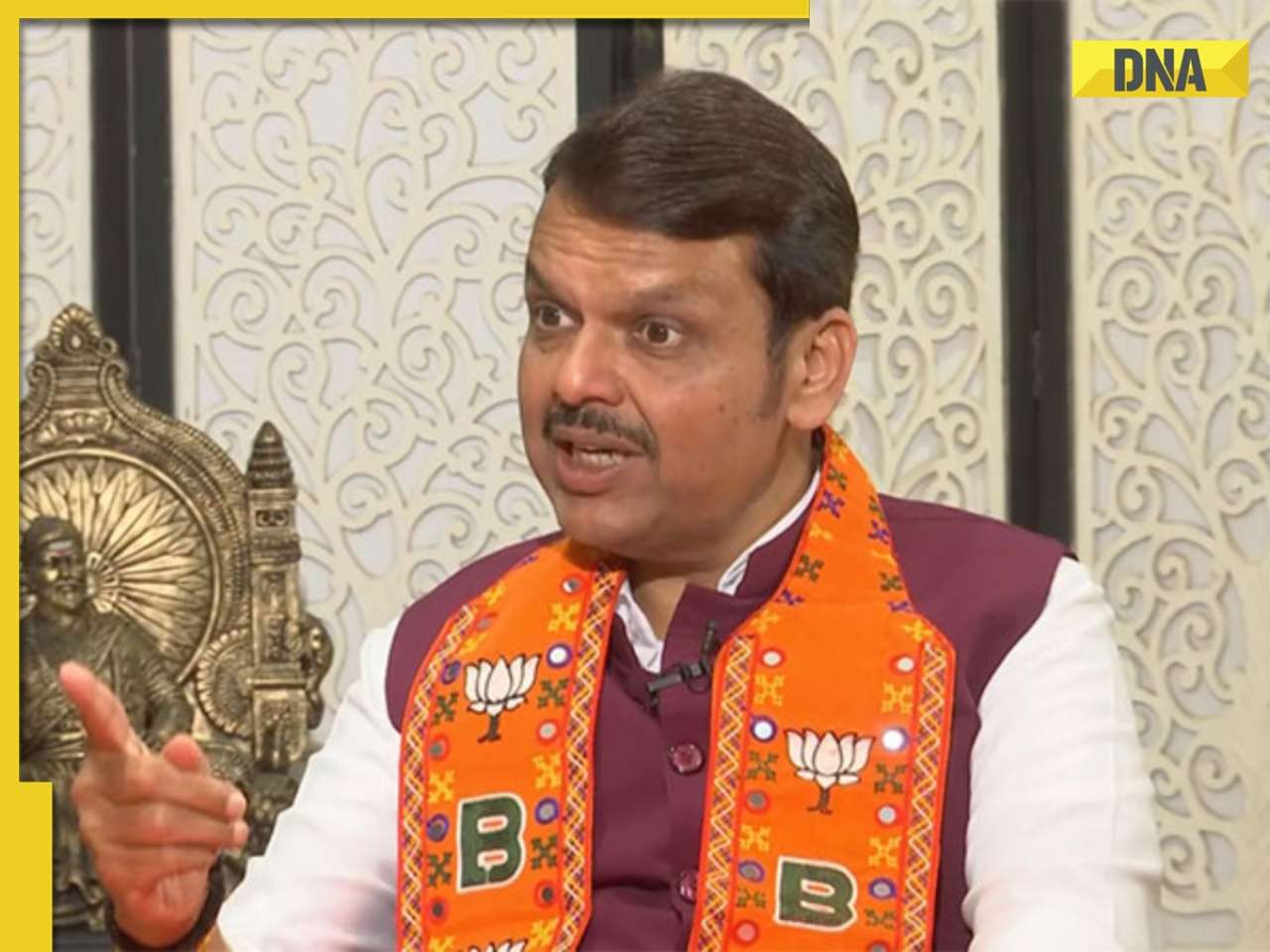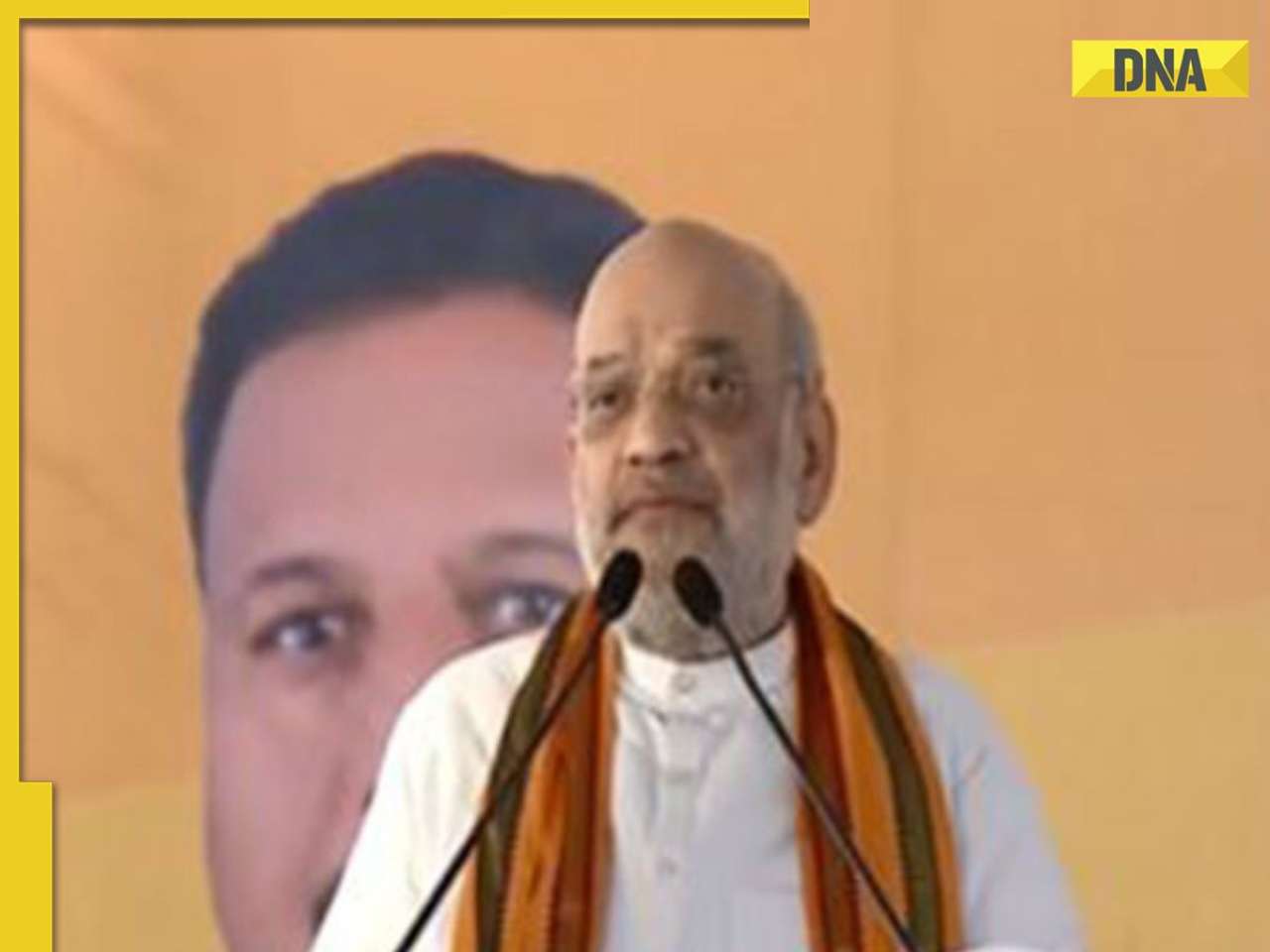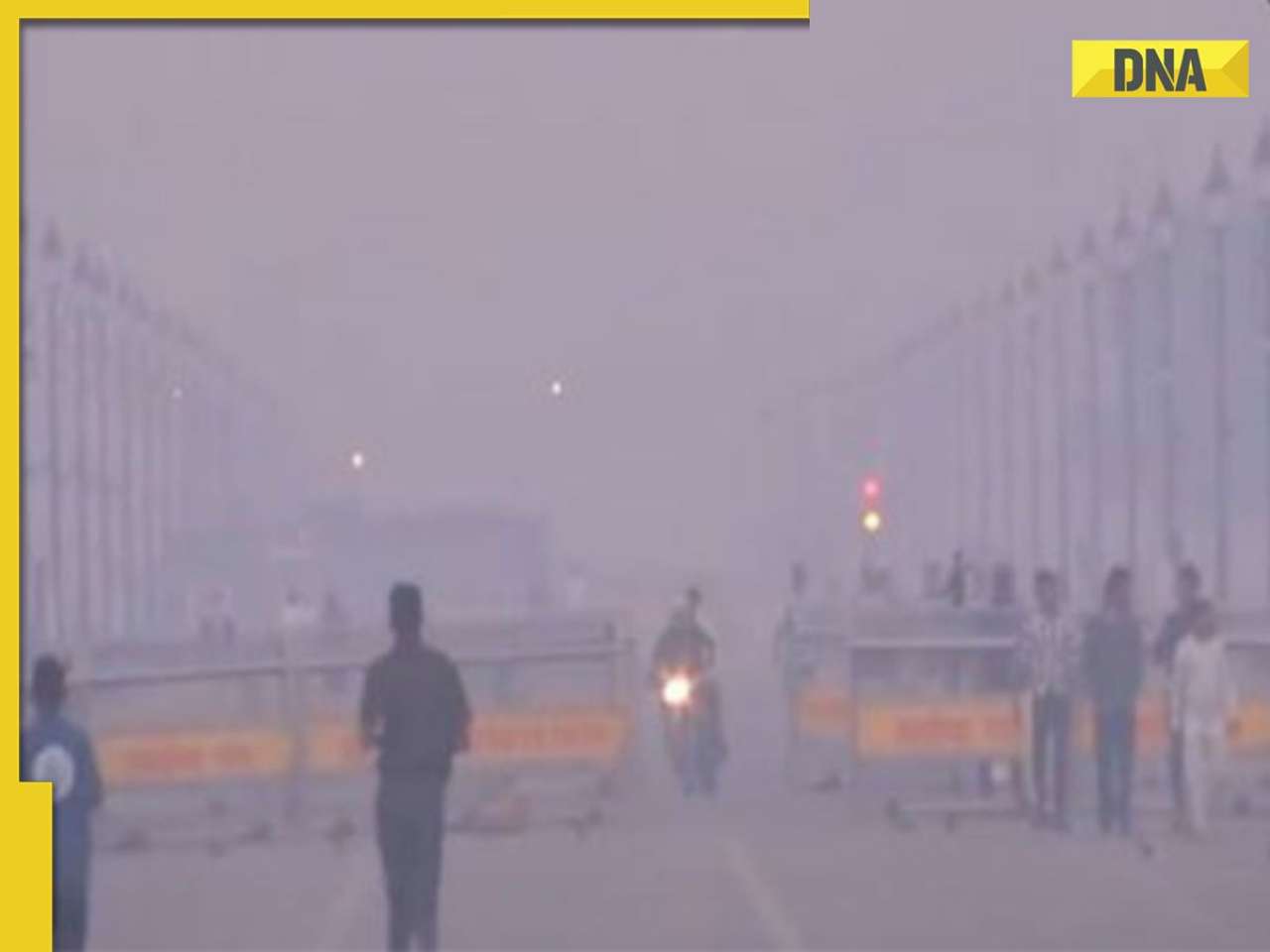- LATEST
- WEBSTORY
- TRENDING
ANALYSIS
Part 1: Julio Ribeiro and the choices before Indian Christians
Rather than compromise with Hindu nationalism, the present moment should be used as a moment to deepen the experience of Indian citizenship.
TRENDING NOW
Julio Ribeiro’s interventions in various national newspapers over the last few months have consistently made a case about the predicament of the Christian communities in India. However, no other article seems to have grabbed the attention of the national media than the one in which he asserted that he felt like a foreigner in his own country. Ribeiro’s assertion followed the increase in violent attacks against Christians, and their churches and saints across India. At a time of crisis, like the one India is facing at the current moment, it would be expected that those who face persecution from the Hindu Right would stick together. But, as much as we need to stick together to offer a common resistance, it is also important that we use this moment to engage in fruitful discussion so that we may work out the way forward. It is in this spirit that we offer this critical response to the recent op-ed authored by Ribeiro.
Following on the cliché of every crisis offering an opportunity, we suggest that rather than compromise with Hindu nationalism the present moment should be used as a moment to deepen the experience of Indian citizenship. Hindu nationalism should be seen not as a sudden entrant into Indian politics, but a force that has frustrated the realisation of the constitutional promises of egalitarian citizenship since the very beginning of the Indian state. Even as Ribeiro protests his current discomfort, his formulations unfortunately remain within the realm of Hindu nationalism and we propose to point a way out of the crisis, both for him and other embattled groups within the Republic.
Our primary difference with Ribeiro stems from the fact that we differ in chronology. He inquires whether it is “coincidence or a well-thought-out plan” that violence against Christians intensified after the BJP government came to power.
While it is true that there has been an escalation of violence against Christians since the Modi-led government came to power, the systematic targeting of Christians has been a part of the history of the Indian nation-state since Independence, and some would argue in the course of the national formation itself.
We would like to draw attention to the Niyogi Committee Report published in 1956 that held activities of Christian missionaries and conversions to be a threat to the Indian state. The Niyogi Commission, it should be pointed out, was the product not of an openly Hindu Rightist political party, but the Congress Party. The Report was subsequently followed by the passage of multiple Freedom of Religion bills that seek to limit the right to conversion. Later, in the 1960s, the Catholic Bishops Conference of India (CBCI) faced a good amount of trouble when, in the words of Cardinal Simon Pimenta, foreign missionaries in India “had been asked by the government to leave the country – visas were not being renewed; no fresh visas were issued for others who had been detailed by their superiors for work in India”. Such instances indicate the persistent hostility with which Christian activity and groups have been viewed in India.
As many studies of the history of Christianity, and conversion movements in India have emphasised, Indian nationalism has seen the conversion to Christianity as the conversion to a ‘foreign’ religion, and thus an act violative of the very soul of the Indian nation. Further, conversion to a ‘foreign’ religion was viewed as a challenge to India’s spiritual self-sufficiency. The problem that Christians have had in India, therefore, clearly predates the current government, even though the arrival of the current government has seen a scary intensification of activities.
In other words, the problem with Christianity could be said to be part of the national make-up, and not merely an agenda of the BJP and the Hindu Right alone. The recent intensification of violence against Christians can be seen as a culmination of decades of such suspicion and violence.
Contrary to Ribeiro’s suggestion that Hindutva violence emerged full-grown with the Modi Government, our argument is that the history of Indian nation-state has seen a steady deepening of Hindutva, rather than constitutional citizenship. Reviewing this longer history it becomes obvious that conversion to Christianity, or the threat of conversion, is a primary reason for the hostility of the Indian state and its elites to Christianity. As long as Christians do not rock the boat, it seems that they are tolerated. This has caused a number of Christians, Ribeiro included, to distance themselves from conversion. Ribeiro captured a common perception among some parts of Indian Christian society when he suggested in an interview to the Economic Times that “some fringe Christian groups convert people in large numbers but the government should find out who they are and take action against them. Mass conversions should be opposed as they create problems in society but it is a thing of the past”.
In making a case for the toleration of only stray and individual conversions to Christianity, and asking for governmental intervention in case of mass conversions, Ribeiro is merely toeing the problematic position of the Indian state. In addition to this, he is taking up a position that is marked by his upper-class and upper-caste location. Indeed, it would be our argument, that any resolution of the problem of Christian groups in India can be resolved only if we are able to address the caste and class issues head on.
Mass conversions, whether to Christianity, Islam, or Buddhism, have been measures of social protest against brahmanical violence that is daily visited upon marginalised social groups in the subcontinent. To ask for a halt on such conversions on the grounds that they cause problems in society is to not only miss the mark completely but to in fact articulate the Hindutva position! Rather than create problems in society, these conversions draw our attention to the problems that would fail to otherwise garner attention from the privileged segments of Indian society. More importantly, when they convert from Hinduism, these communities are not merely changing their religion, but in fact adopting a route toward the deepening of their citizenship experience. In casting off Hinduism, they are making an emphatic claim that they are ready for a new experience of life, hitherto unavailable under the contemporary political conditions of the Indian nation-state.
All too often rather than extend the protection of the law state functionaries stand by or participate in the persecution of Dalit groups, making mockery of the egalitarian constitutional provisions. To these groups, therefore, conversion is a critical part of realising Indian citizenship as promised by the Indian constitution. Hindutva’s problems with conversion stem precisely from the fact that these social processes challenge the upper-caste hegemony that Hindutva is based on.
Indeed, early anti-caste mobilisations such as that of Mahatma Phule in Maharashtra, and EV Ramasamy in the Madras Presidency, drew actively from missionary rhetoric against caste, setting up an early confrontation between Christian proselytisation and the upper-caste elites that have dominated the Indian national project.
Upper-caste and upper-class Christians deal with mass conversions, and seek to secure their comfort within the national narrative, by finding space for themselves within brahmanical mythologies, and associating themselves with brahmanical individuals and groups. Take, for example, Ribeiro’s employing the cliché “accident of history” that members of his social group, not excluding priests from this group, use to describe the process through which their ancestors converted to Christianity. It is as if they wish they had rather not been converted. There is a shame associated with their Christian present that they strive to wash off. A strategy often used by this group, is evidence in the manner in which Ribeiro brings his ancestors and the Parashurama myth into his complaint against Prime Minister Modi. He argues that his ancestors were possibly converted forcibly, in the kind of mass conversions that he would get banned. Ribeiro then suggests a brahmanical heritage for his ancestors, linking himself to the Saraswat brahmin Defence minister Manohar Parrikar. The journalist Rajdeep Sardesai recently drew a huge amount of flak for bragging about his Saraswat connections to two ministers in the national cabinet. If Sardesai was pilloried for his casteism, there is no reason why Ribeiro should be let off the hook either. After all, both Sardesai and Ribeiro are seeking different forms of security through their caste fraternity. To be fair to Ribeiro, he has been honest in an earlier article about his upper-caste location. The problem, however, is that he does not go far enough and his protest remains at a rhetorical level. Merely recognising one’s problematic location is not enough. This recognition needs to be translated into corrective action as well.

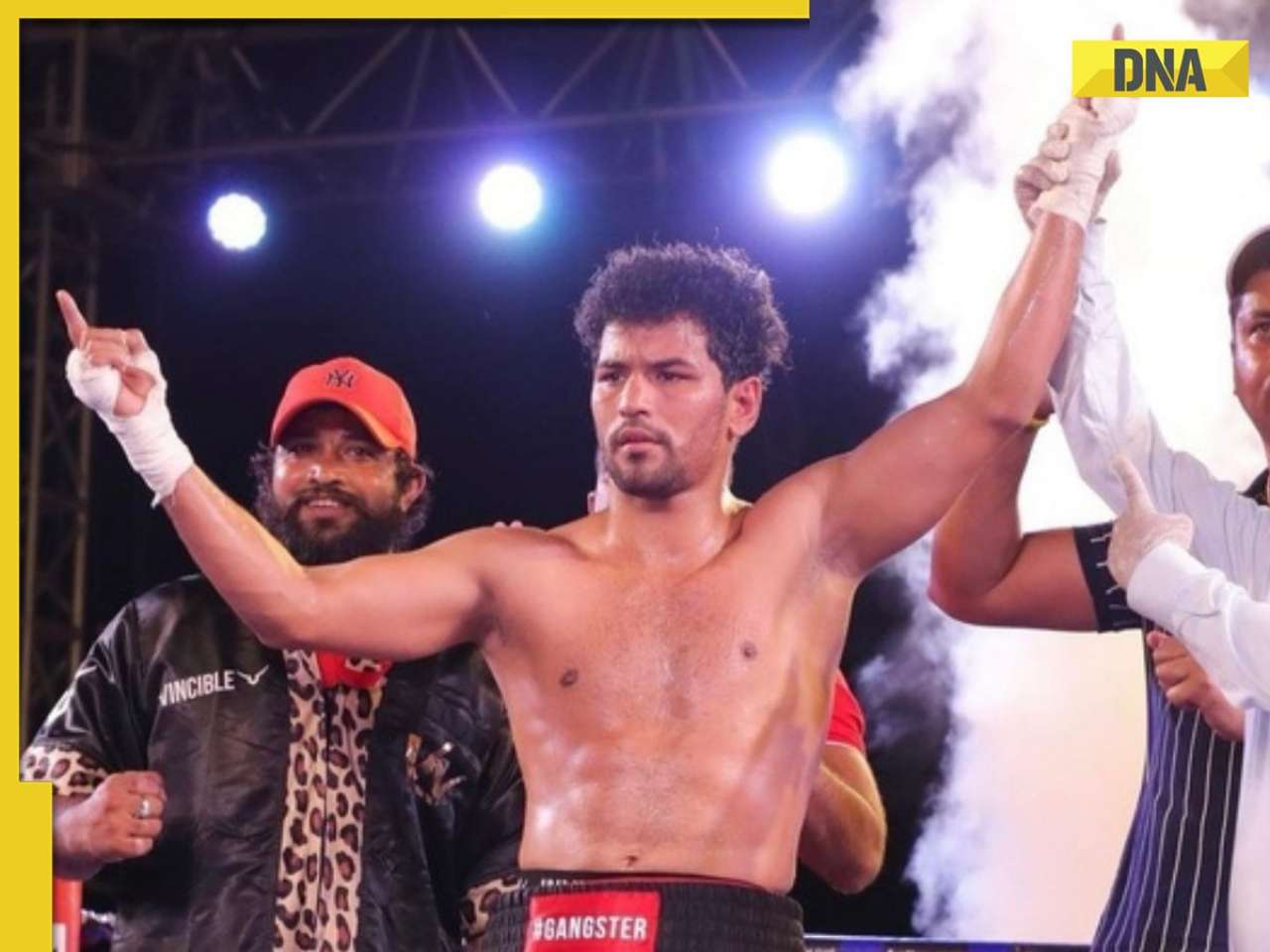
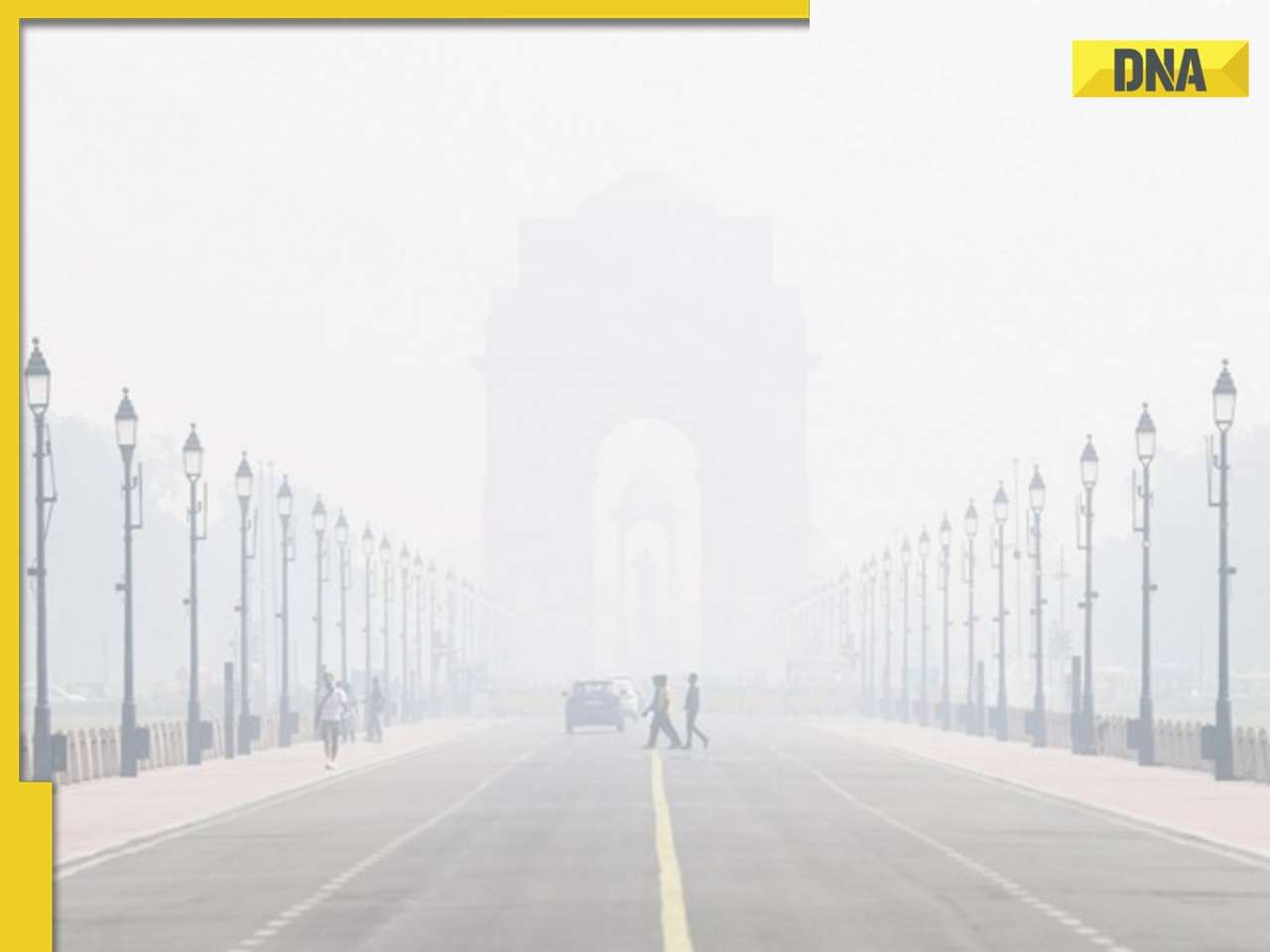




)
)
)
)
)
)
)
)
)
)
)
)
)
)
)
)






